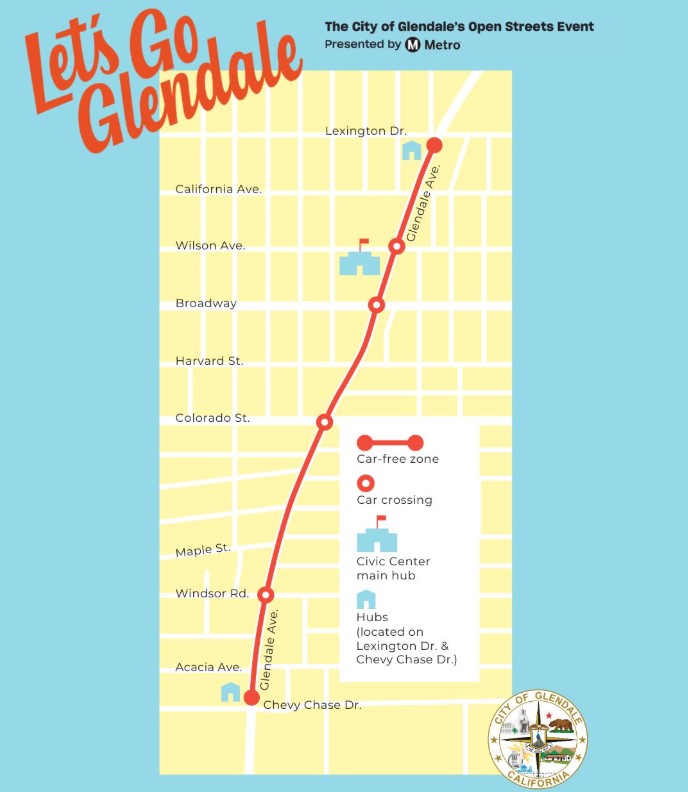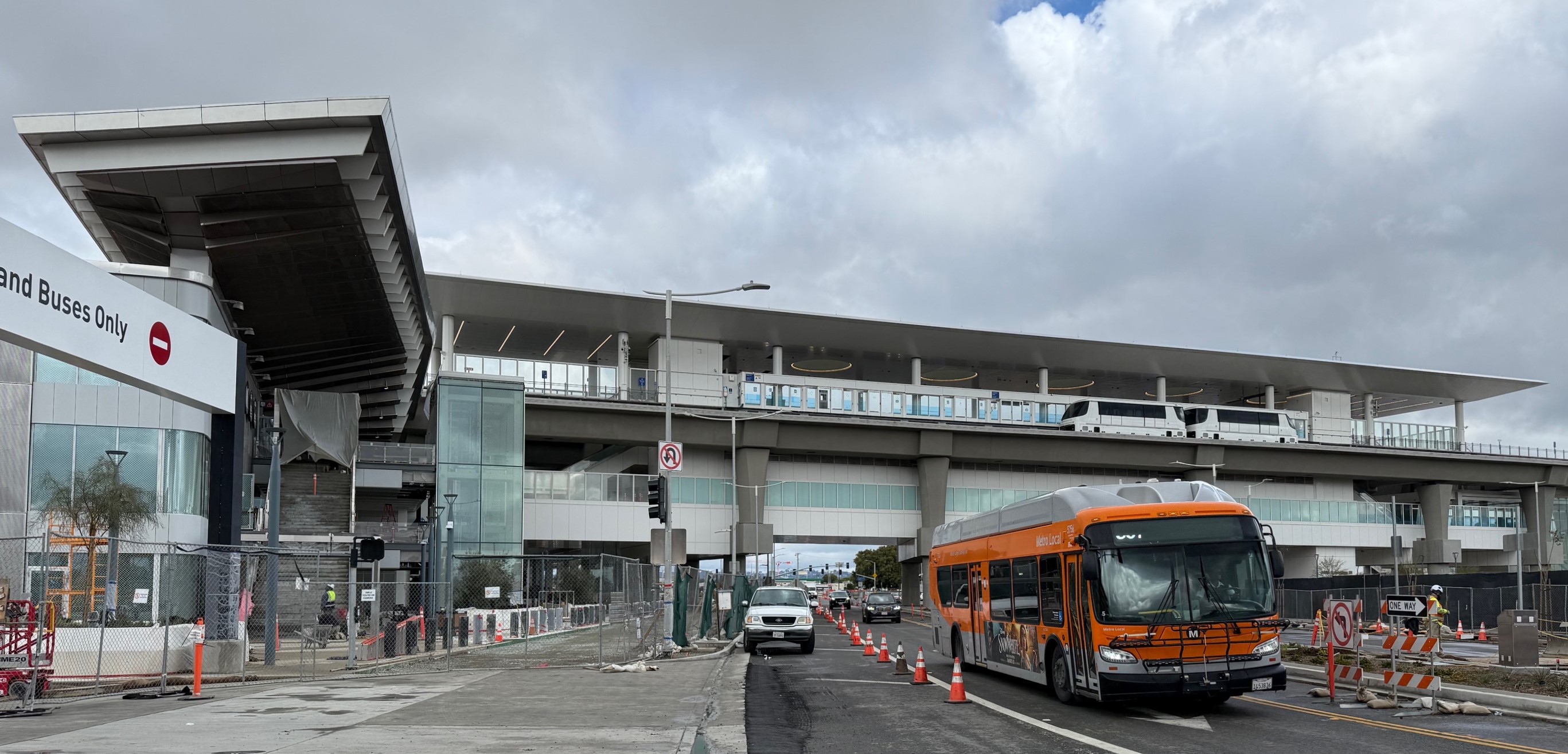We've done our share of commentary on this blog about how transit is underfunded in the first place.
So it's all the more upsetting to see highway projects pick the pocket of transit agencies. But that's exactly what's happening, in different forms, in different places throughout the country, writes Alon Levy at Pedestrian Observations.
Levy outlines some of the obscure and creative ways that highway and parking construction have forced transit agencies to pony up:
Supporters of transportation alternatives talk about the inequity between highway and transit funding in the US, but what they’re missing is that the transit funding bucket includes a lot of things that are manifestly not about transit.
One third of the MBTA’s outstanding debt, about $1.7 billion, comes from transit projects built by the state as part of a court-imposed mitigation for extra Big Dig traffic; interest on this debt is about two-thirds the agency’s total present deficit. Metra was prepared to pay for a project to rebuild rail bridges that would increase clearance below for trucks and cut the right-of-way’s width from three to two tracks. Rhode Island is spending $336 million on extending the Providence Line to Wickford Junction, with most of the money going toward building parking garages at the two new stations; Wickford Junction, in a county whose number of Boston-bound commuters is 170, is getting 1,200 parking spaces.
The situation in the US today is a surreptitious underfunding of transit, and at the same time a surreptitious overfunding of roads. It is not subject to democratic debate or even to the usual lobbyist funding formulas, but, like the obscure regulations that impede good passenger rail, hidden in rules nobody thinks to question. To pay for road mitigations and for parking, transit agencies will cut weekend service and reduce frequency. It’s bad enough when done in the open, but it’s done while claiming that transit is too expensive to provide.
Elsewhere on the Network today: Transportation for America continues its series on how the House transportation bill could be transformed from horrible to acceptable. And Yonah Freemark at the Transport Politic gives his appraisal of the Senate bill, which passed earlier this week.







